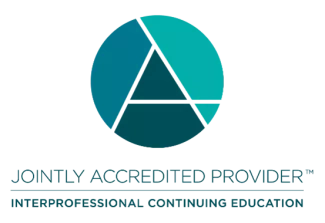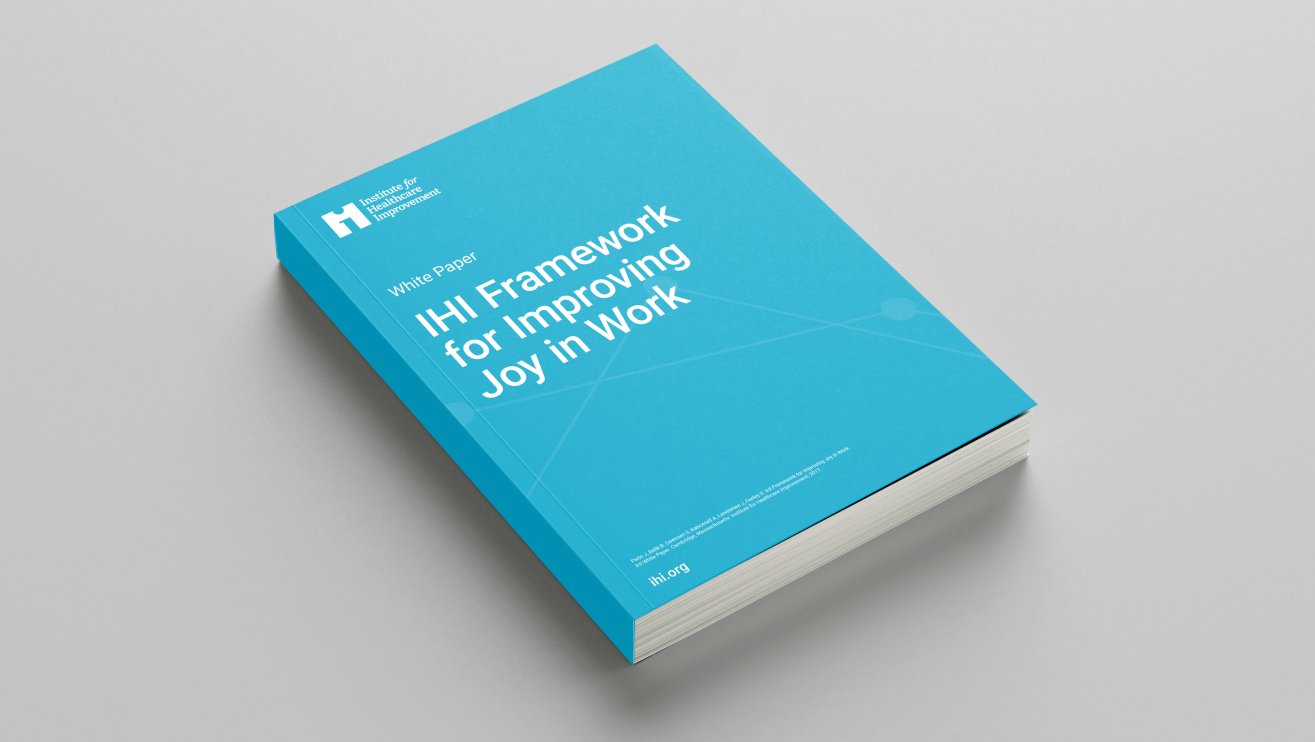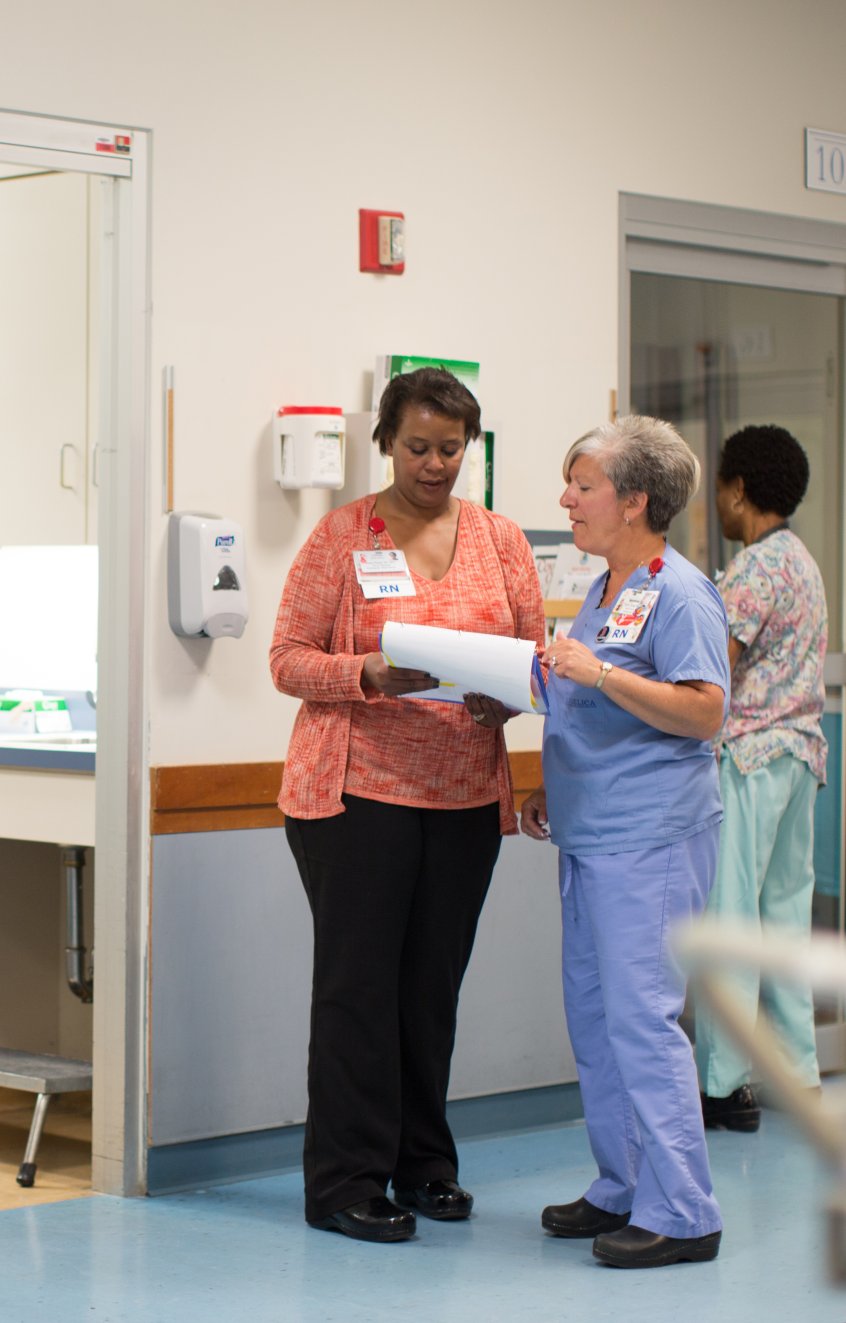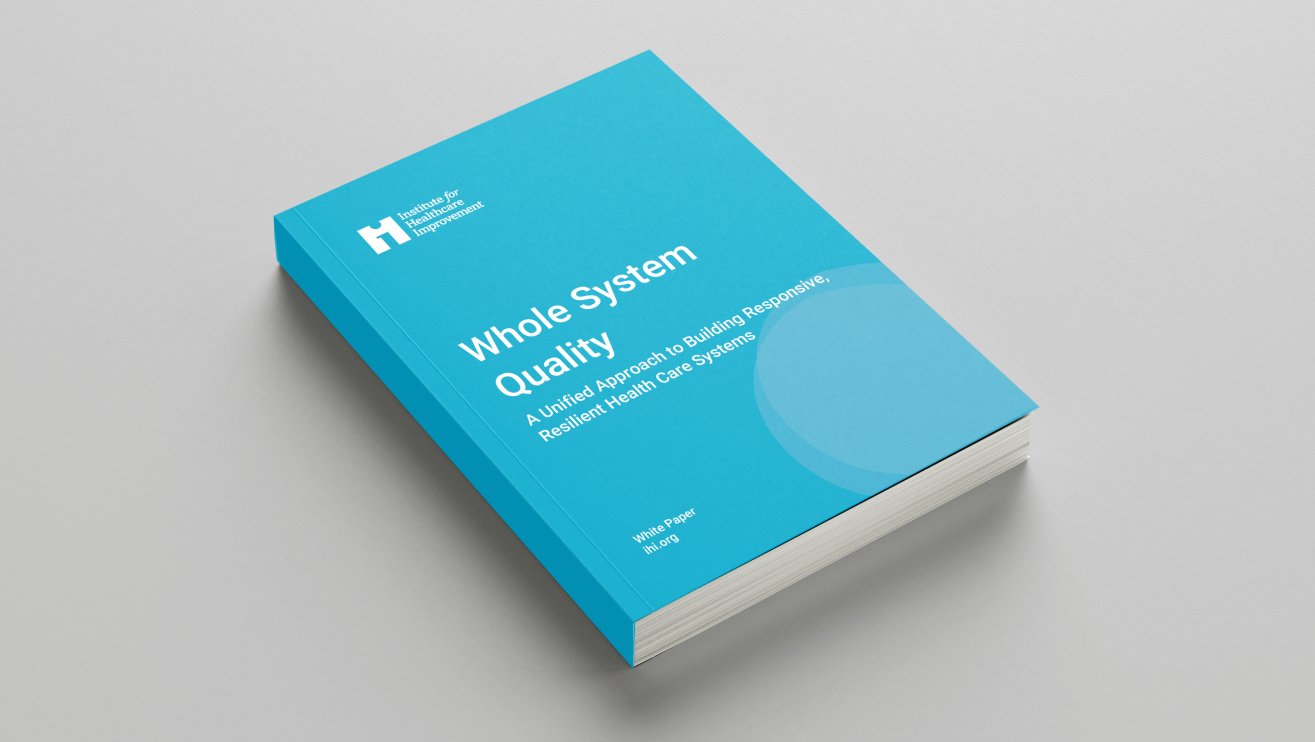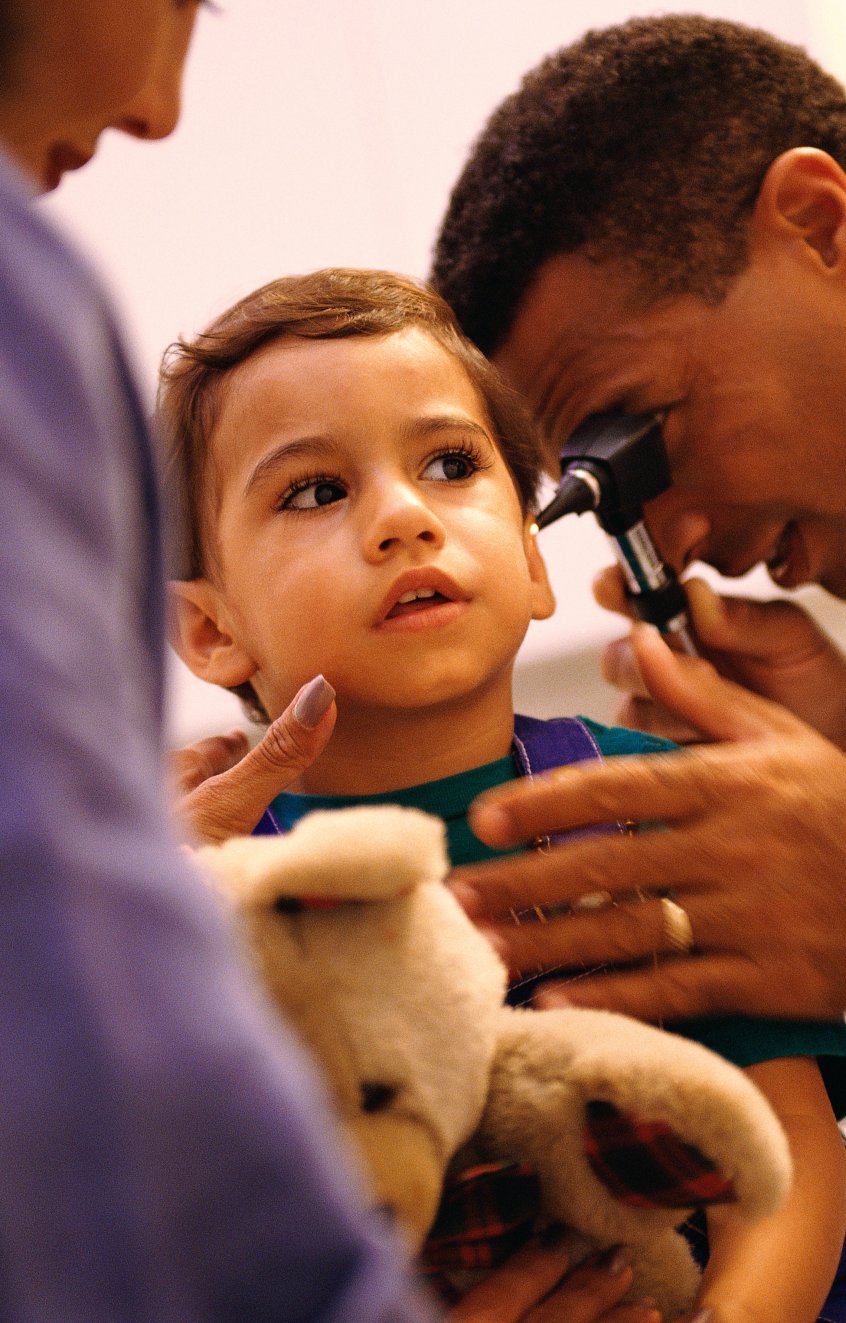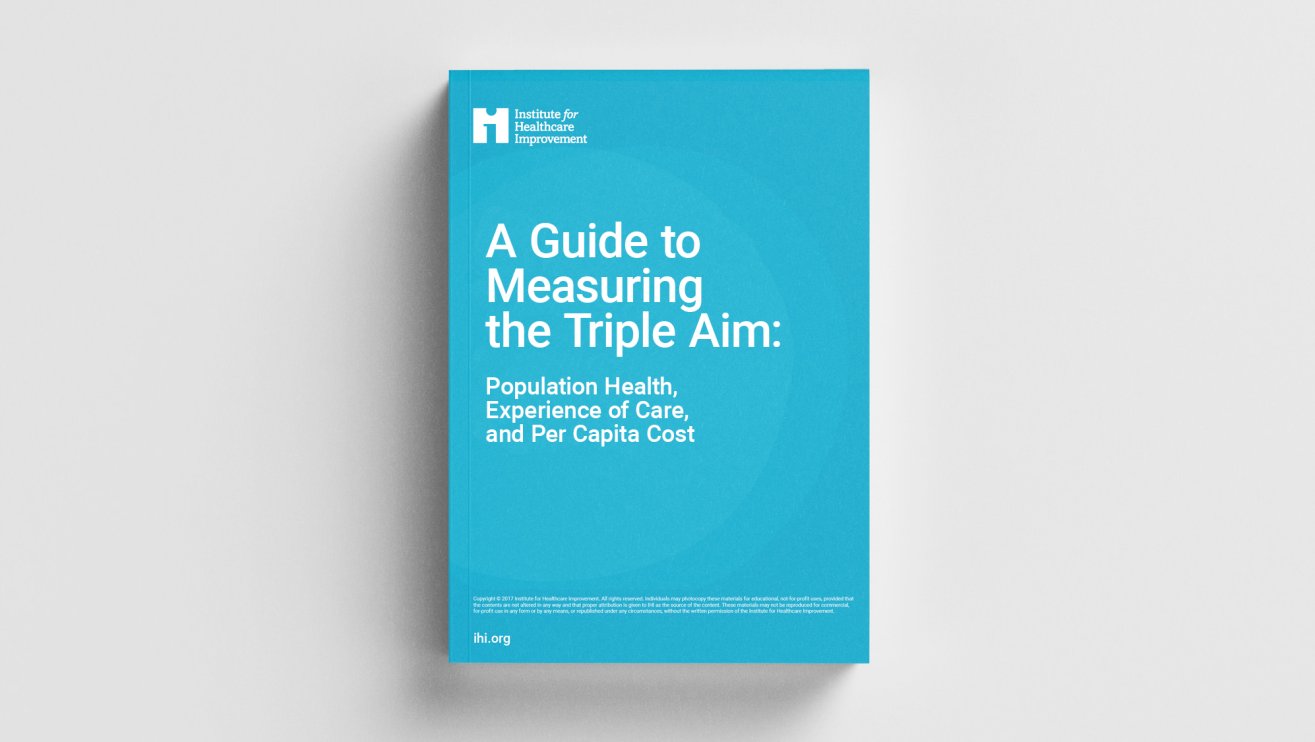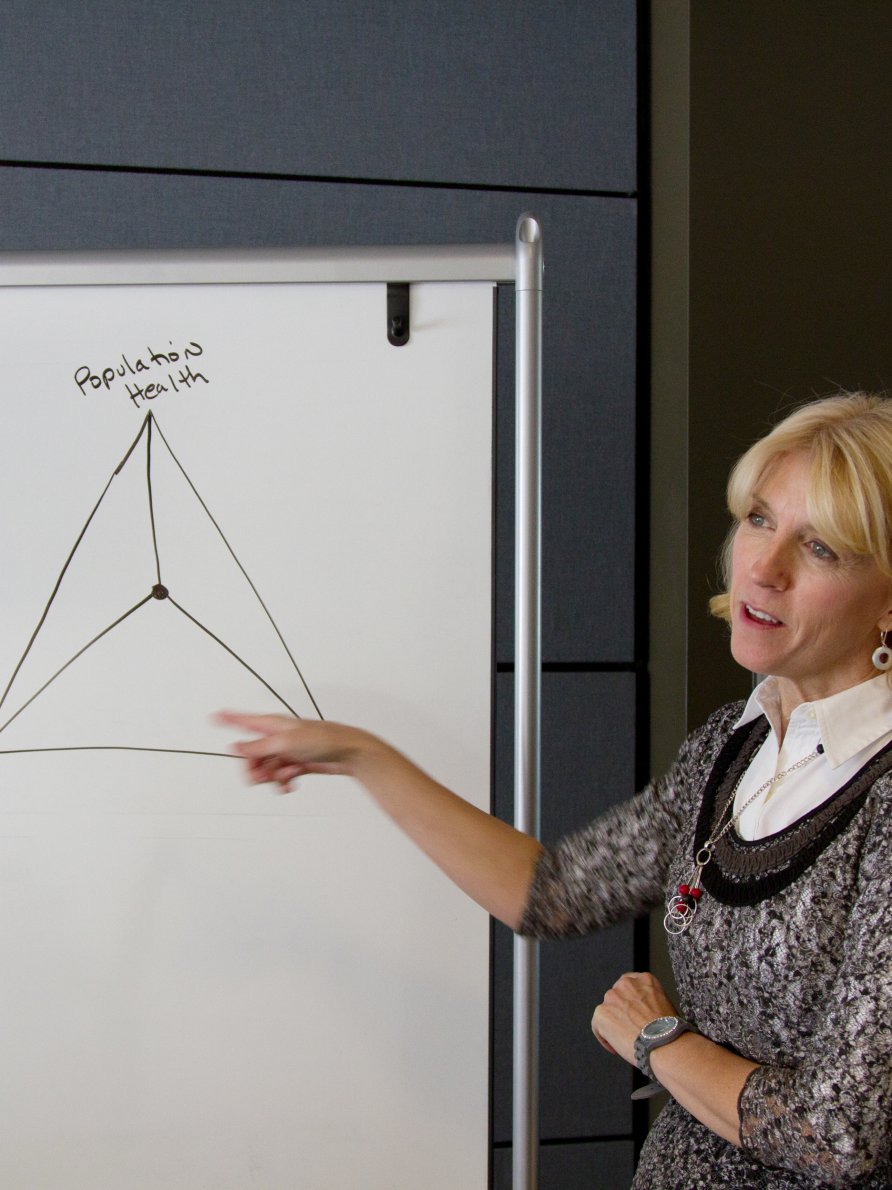Leadership Alliance Members and Advisors
Leadership Alliance Members and Advisors
Members
- Adventist Health System
- Beth Israel Lahey Health
- Billings Clinic
- Blue Shield of California
- Brown Health Medical Group Primary Care
- CAMC – Vandalia Health
- CareSouth Carolina
- Children’s Hospital of Philadelphia
- Cincinnati Children's Hospital Medical Center
- College of Physicians and Surgeons of Alberta
- Completed Life Initiative
- Cone Health
- Coordinated Behavioral Care
- Corewell Health
- Dartmouth-Hitchcock Medical Center
- Dialysis Clinic, Inc.
- Dreyfus Health Policy & Research Center
- El Camino Health
- Eli Lilly and Company Healthcare Improvement Hub
- Emplify Health
- GBMC HealthCare
- Hackensack Meridian Health
- Henry Ford Health System
- HealthPartners
- Highmark Health
- Intermountain Health
- Inova Health System
- Jefferson Health
- Kansas Healthcare Collaborative
- MagMutual
- McLaren Health Care
- MedStar Health
- Meritus Health
- Memorial Hermann Health System
- M Health Fairview
- Nemours Children's Health
- Nicklaus Children’s Hospital
- Northern Light Health
- Northwell Health
- OCHIN
- One Brooklyn Health
- Parkland Health
- Parkview Health System
- Providence
- Rady Children's Hospital
- Riverside Health System
- Southcentral Foundation
- St. Jude Children’s Research Hospital
- Stanford Medicine Center for Improvement
- Sutter Health
- The NARBHA Institute
- UChicago Medicine
- UNC Health
- University of Arkansas for Medical Sciences (UAMS)
- Urban Health Plan
- Virginia Mason Franciscan Health
- WellSpan Health
- Zuckerberg San Francisco General
Advisors

Donald Berwick, MD, MPP, FRCP, President Emeritus and Senior Fellow, Institute for Healthcare Improvement (IHI), is also former Administrator of the Centers for Medicare & Medicaid Services. A pediatrician by background, Dr. Berwick has served on the faculty of the Harvard Medical School and Harvard School of Public Health, and on the staffs of Boston's Children's Hospital Medical Center, Massachusetts General Hospital, and the Brigham and Women's Hospital. He has also served as Vice Chair of the US Preventive Services Task Force, the first "Independent Member" of the American Hospital Association Board of Trustees, and Chair of the National Advisory Council of the Agency for Healthcare Research and Quality. He served two terms on the Institute of Medicine's (IOM's) Governing Council, was a member of the IOM's Global Health Board, and served on President Clinton's Advisory Commission on Consumer Protection and Quality in the Healthcare Industry. Recognized as a leading authority on health care quality and improvement, Dr. Berwick has received numerous awards for his contributions. In 2005, he was appointed "Honorary Knight Commander of the British Empire" by Her Majesty, Queen Elizabeth II in recognition of his work with the British National Health Service. Dr. Berwick is the author or co-author of over 160 scientific articles and six books. He currently serves as Lecturer in the Department of Health Care Policy at Harvard Medical School.

Jill Duncan, RN, MS, MPH, Vice President, Institute for Healthcare Improvement (IHI), oversees IHI’s portfolio of global education, professional development, and training as well as IHI’s US-based Strategic Partnerships and a global Partner network. Additionally, she leads IHI’s US-based Leadership Alliance and is accountable to the success of global teams in supporting robust relationship-based networks across IHI communities. Ms. Duncan is an active partner, facilitator, and advisor to large-scale efforts focused on leadership, workforce well-being, clinical quality improvement, and learning networks. Her previous IHI responsibilities include daily operations and strategic planning for the IHI Open School, leadership for a number of results-oriented initiatives, and the design and development of workforce development programming. Ms. Duncan draws from her learning as a Clinical Nurse Specialist, quality leader, nurse educator, and frontline care provider. She received her undergraduate nursing degree from Georgetown University and her Master of Science and Master of Public Health from the University of Illinois Chicago.

Kedar Mate, MD, former President and Chief Executive Officer at the Institute for Healthcare Improvement (IHI), is a member of the faculty at Weill Cornell Medical College. His scholarly work has focused on health system design, health care quality, strategies for achieving large-scale change, and approaches to improving value. Previously Dr. Mate worked at Partners In Health, the World Health Organization, Brigham and Women’s Hospital, and served as IHI’s Chief Innovation and Education Officer. He has published numerous peer-reviewed articles, book chapters, and white papers and has received multiple honors, including serving as a Soros Fellow, Fulbright Specialist, Zetema Panelist, and an Aspen Institute Health Innovators Fellow. Dr. Mate graduated from Brown University with a degree in American History and from Harvard Medical School with a medical degree.
Disclaimer: Consistent with the IHI’s policy, faculty for this program are expected to disclose at the beginning of their presentation(s) any economic or other personal interests that create, or may be perceived as creating, a conflict related to the material discussed. The intent of this disclosure is not to prevent a speaker with a significant financial or other relationship from making a presentation, but rather to provide listeners with information on which they can make their own judgments.
Unless otherwise noted below, each presenter provided full disclosure information, does not intend to discuss an unapproved/investigative use of a commercial product/device, and has no significant financial relationship(s) to disclose. If unapproved uses of products are discussed, presenters are expected to disclose this to participants.







